Western companies wanting to withdraw from Russia face many hurdles, sometimes requiring approval from President Putin himself.
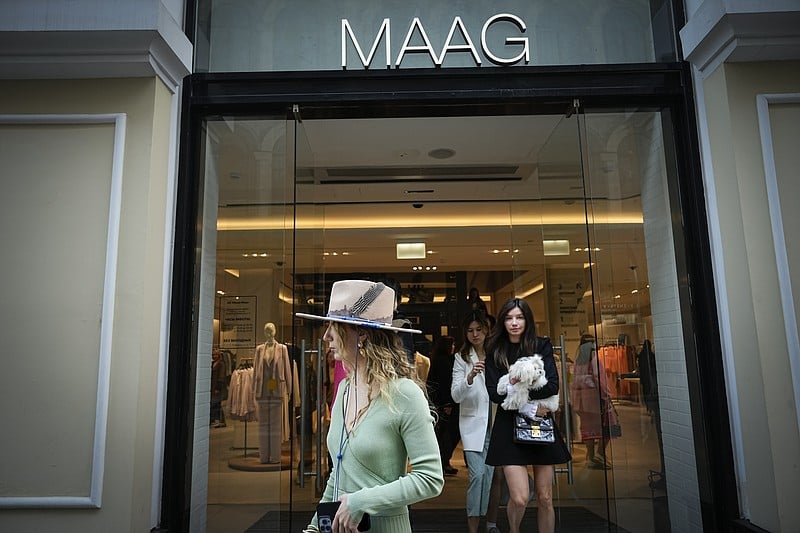
A newly opened Maag store, rebranded from Zara, in Moscow on April 27, 2023. Photo: AP
As the conflict in Ukraine unfolded, global companies were quick to react, with some announcing they would leave Russia immediately, while others cut back on imports or new investments. Factories, energy companies and power plants worth billions of dollars were wiped out or put up for sale.
But more than a year later, it’s become clear that leaving Russia isn’t as simple as it first appeared. Russia has increasingly imposed barriers on companies seeking to leave, requiring approval from a government commission and, in some cases, from President Vladimir Putin himself, while imposing steep discounts and hefty taxes on sales prices.
After the initial wave of withdrawal
While each company's story is different, the common theme is that they have to navigate the hurdle of Western sanctions on one side and Russian efforts to prevent people from leaving on the other.
Many companies simply remain silent, sometimes citing their responsibilities to shareholders, employees, or legal obligations to franchisees or local partners. Others argue that they are providing essentials such as food, agricultural products, or medicines. Some offer no explanation at all.
Among the companies that have stayed is the Italian fashion chain Benetton, whose store in Moscow’s Evropeisky Mall was busy on a recent weekday evening, with customers trying on clothes and employees clearing away piles of clothes.
At Italian lingerie retailer Calzedonia, shoppers browse socks and swimsuits. Neither company responded to emailed questions.
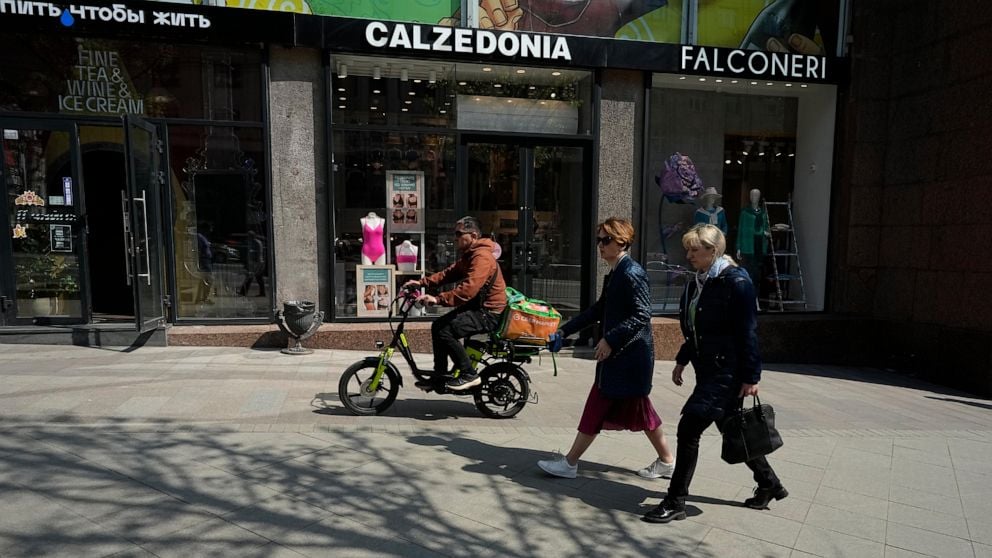
People walk past the Calzedonia store on Tverskaya Street in Moscow on April 27, 2023. Photo: AP
For Moscow shoppers, what they can buy hasn’t changed much. While the baby goods store Mothercare has changed its name to Mother Bear under the new ownership of a local company, most of the items in the Evropeisky Mall store still carry the Mothercare brand.
That's what student Alik Petrosyan saw while shopping at MAAG, the company that now owns Zara's former flagship clothing chain in Moscow.
“The quality hasn’t changed at all, everything is the same,” Alik said. “The prices haven’t changed much, even taking into account inflation and the economic scenarios that happened last year.”
"In general, Zara - or Maag - has competitors, but I wouldn't say that there are any competitors that can compete on equal terms right now. Because the remaining competitors are all in the higher price segment but the quality is not commensurate," Alik commented.
The initial exodus from Russia was led by major automakers, oil companies, technology companies and professional services companies. BP, Shell, ExxonMobil and Equinor ended joint ventures or wrote off billions of dollars worth of stakes. McDonald’s sold 850 of its restaurants to a local franchisee, while France’s Renault received just one rouble for its majority stake in Avtovaz, Russia’s largest carmaker.
After the initial wave of departures, new categories have emerged: companies biding their time, those struggling to liquidate assets, and others trying to operate as usual. According to a Yale University database, more than 1,000 international companies have publicly said they are voluntarily cutting back on business in Russia beyond what the sanctions require.
The obstacles that cause regression
But the Kremlin continues to add demands, most recently a 10% “voluntary” departure tax paid directly to the government, plus companies will have to sell at discounts of up to 50%.
President Putin recently announced that the government would take over the assets of Finnish energy company Fortum and German utility Uniper, blocking the sale in an effort to offset any Western moves to seize more Russian assets abroad.
Danish brewer Carlsberg has announced its intention to divest its Russian business - one of the country's largest - by March 2022 but has run into problems dealing with sanctions and finding a suitable buyer.
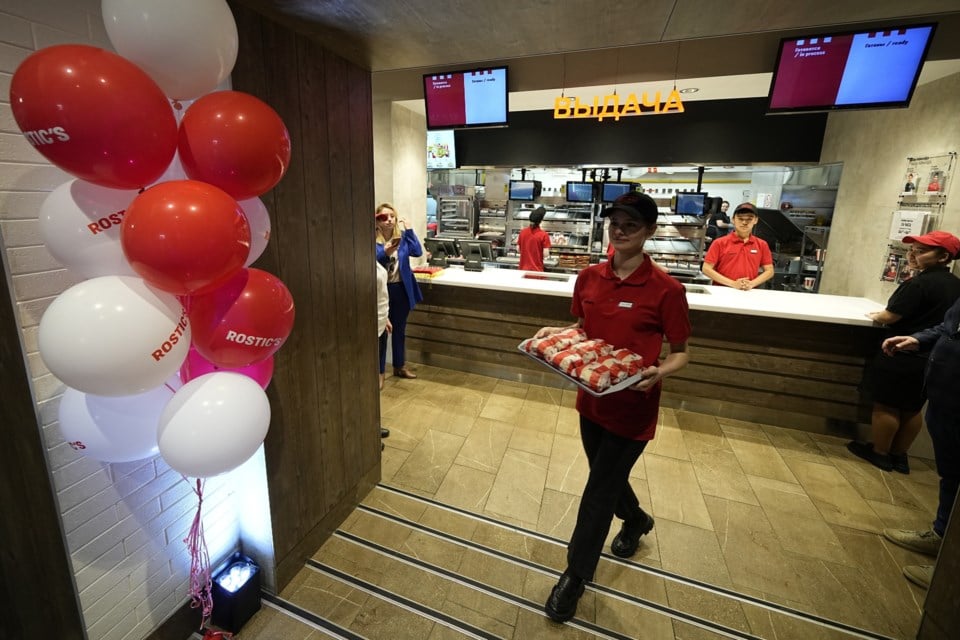
Employees of the Rostic restaurant on Tverskaya Street on April 25, 2023. Photo: AP
“This has been a complex process and has taken longer than we initially thought,” said Tanja Frederiksen, Carlsberg’s head of global external communications, but is now “almost complete”.
Another beer giant, Anheuser-Busch InBev, is trying to sell its stake in a Russian joint venture to Türkiye-based partner Anadolu Efes and has given up profits from the deal.
Companies are caught in a “‘Bermuda Triangle’ between EU sanctions, US sanctions and Russian sanctions,” said Michael Harms, chief executive of the East German Business Association.
The 10% exit tax imposed by Russia is also complicated. Maria Shagina, a sanctions expert at the International Institute for Strategic Studies in Berlin, said US companies would need to get permission from the US Treasury to pay it or else they would be in violation of sanctions.
"Legitimate" reasons to stay
In a rare candid explanation, Steffen Greubel, CEO of German payments and transportation company Metro AG, said at this year’s shareholders meeting that the company was against conflict. But its decision to stay was driven by its responsibility to its 10,000 local employees and “also in the interest of preserving the value of this company for its shareholders.”
However, the decision to stay was driven by a responsibility to its 10,000 local employees and “also in the interest of preserving the value of this company for shareholders,” he said.
Metro gets about 10% of its annual revenue from Russia, equivalent to more than 2.9 billion euros ($3.1 billion).
Meanwhile, shelves remained as full as before the conflict at Globus supermarkets, a German-headquartered supermarket chain with about 20 locations in Moscow.
A closer look reveals that most Western beer brands have disappeared, and many cosmetics brands have increased their prices by 50% to 70%. Cheaper Russian and Belarusian vegetables are also available. Procter & Gamble consumer products are plentiful even after the company said it would pare down its product range to essentials.
Globus said it had “drastically cut back” on new investments but kept stores open to ensure food supplies for the population, noting that food was not sanctioned and citing “the risk of significant asset value confiscation through forced nationalization as well as serious criminal law consequences”.
Similarly, Germany's Bayer AG, which supplies drugs, agricultural chemicals and seeds, argued that it was the right move to keep some of its business in Russia. The company explained that it "withholds agricultural and healthcare products that are essential to the civilian population - such as cancer or cardiovascular treatments, healthcare products for pregnant women and children, and seeds for growing food."
According to Tin Tuc newspaper
Source


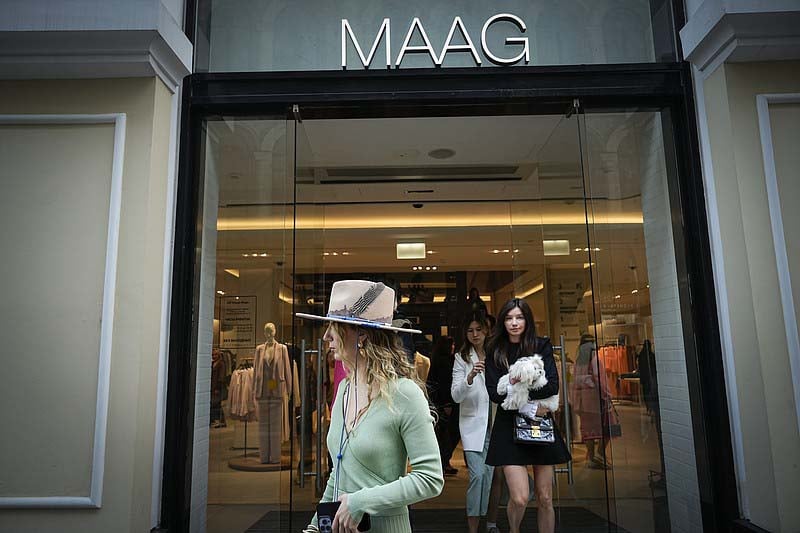
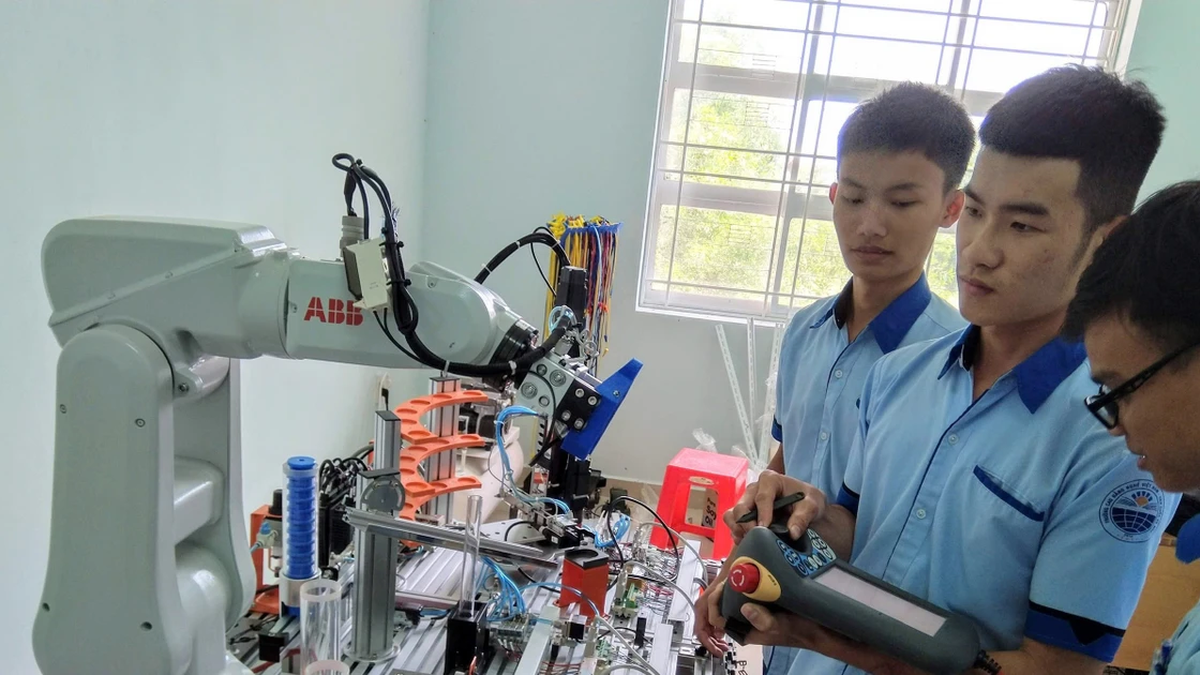
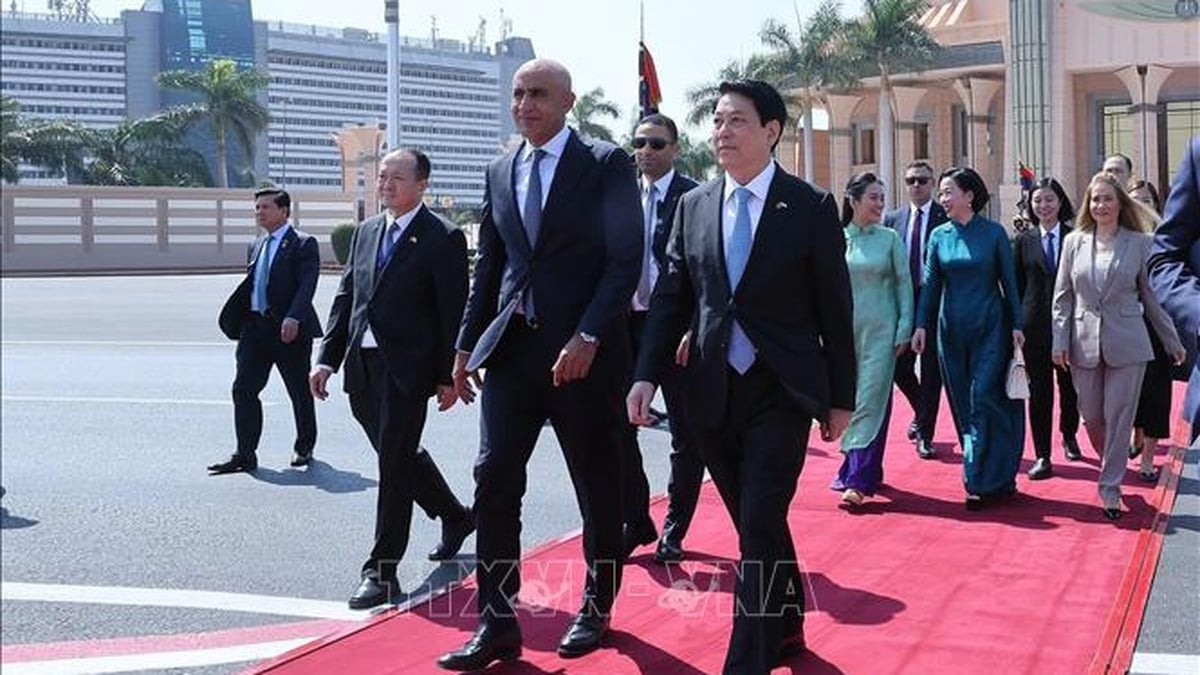
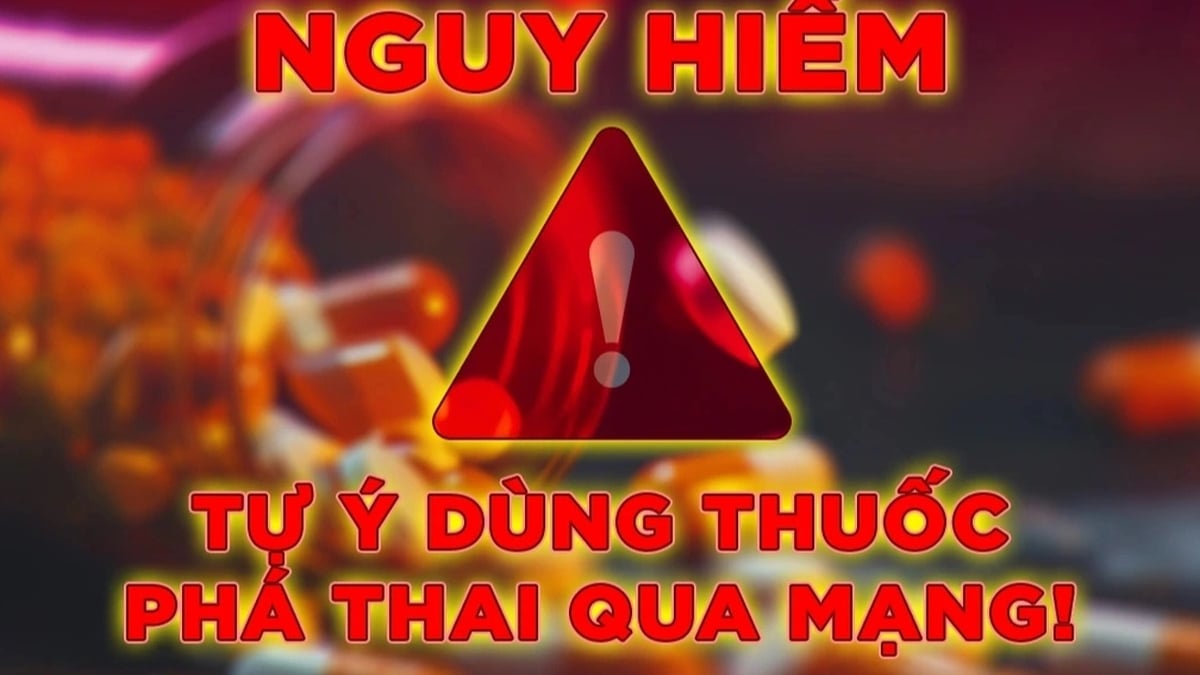
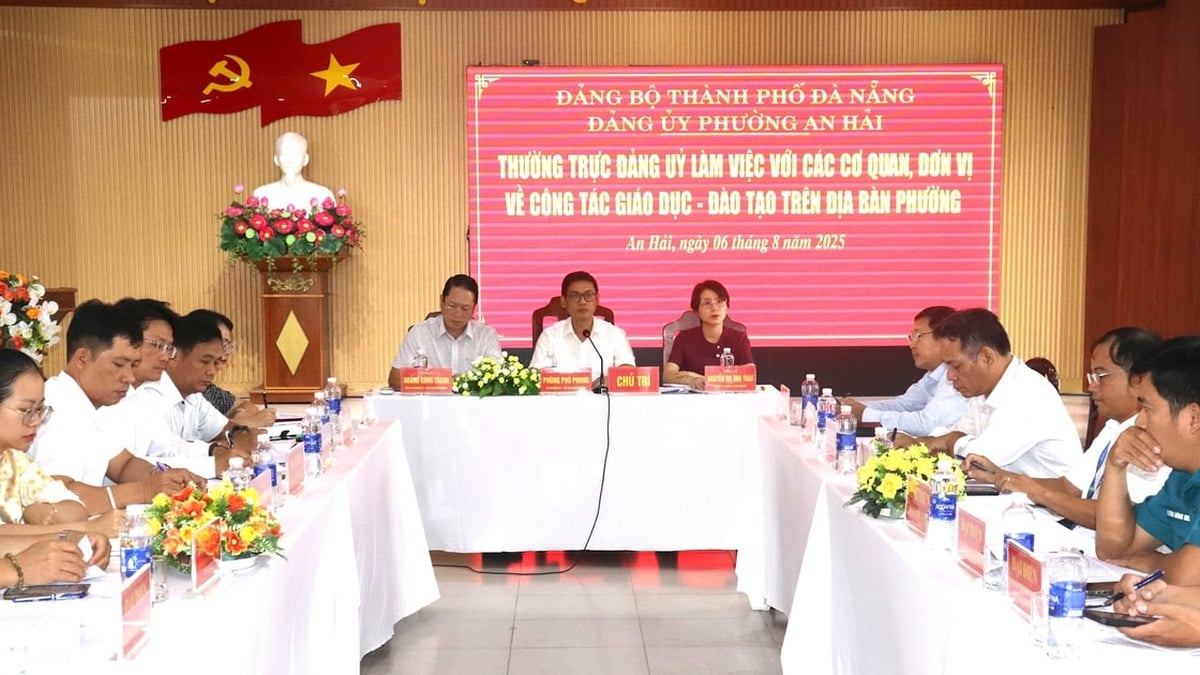



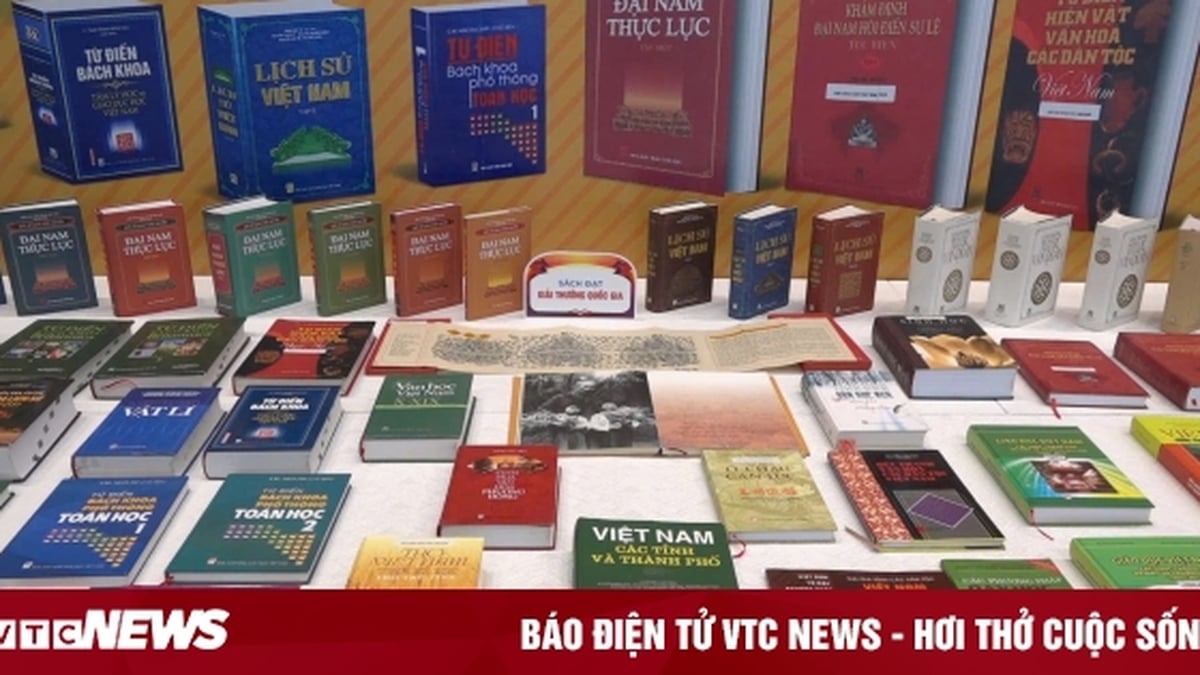
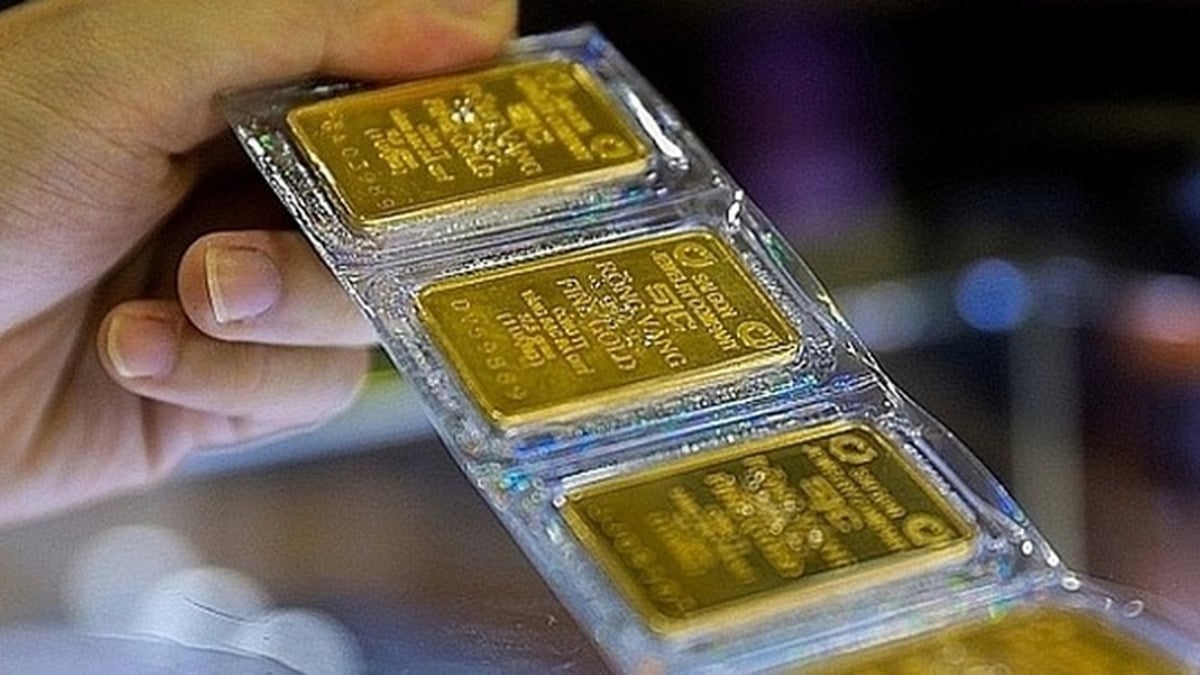
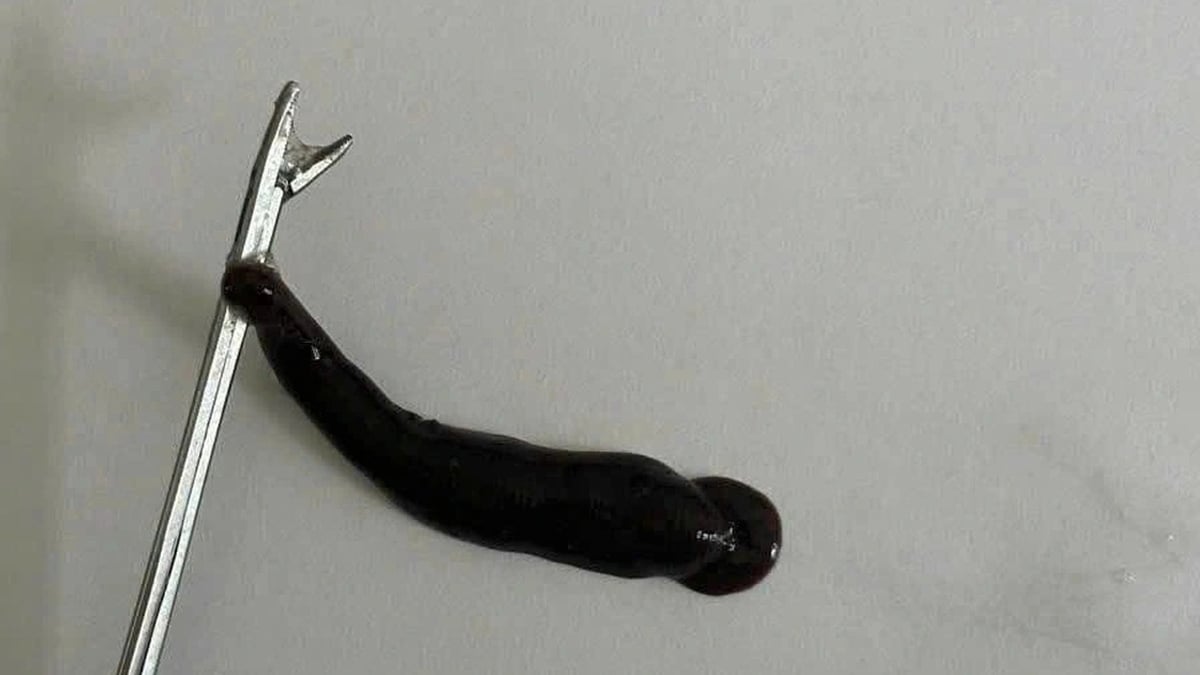















![[Photo] Discover the "wonder" under the sea of Gia Lai](https://vphoto.vietnam.vn/thumb/1200x675/vietnam/resource/IMAGE/2025/8/6/befd4a58bb1245419e86ebe353525f97)


![[Photo] Nghe An: Provincial Road 543D seriously eroded due to floods](https://vphoto.vietnam.vn/thumb/1200x675/vietnam/resource/IMAGE/2025/8/5/5759d3837c26428799f6d929fa274493)






















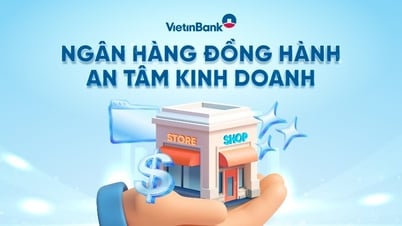

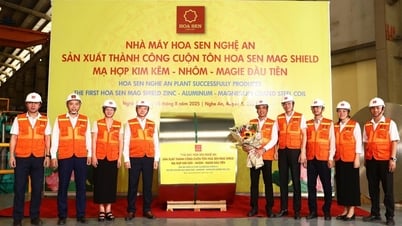

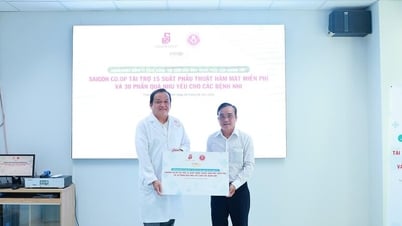



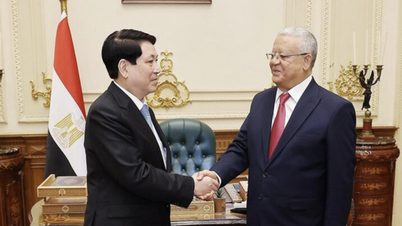


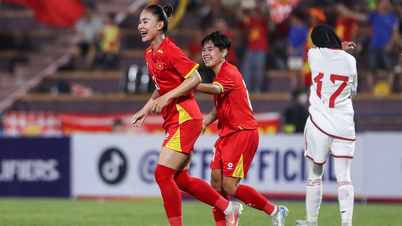
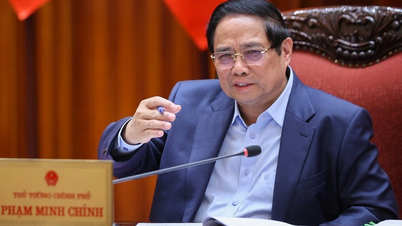
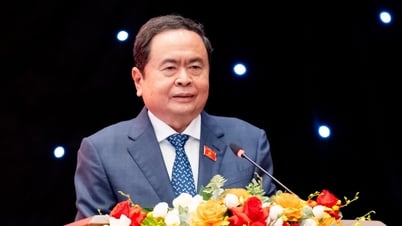
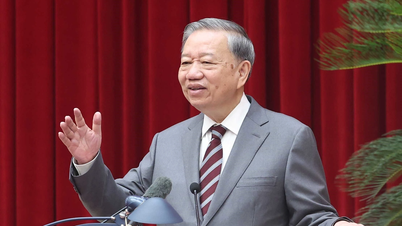


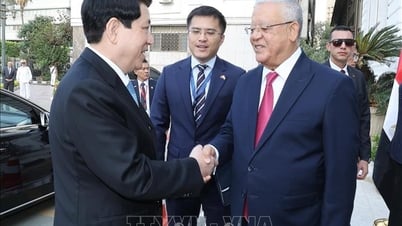
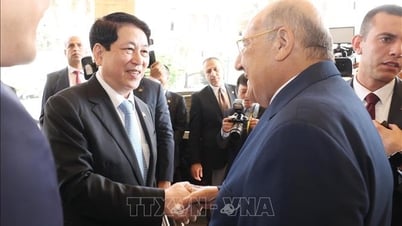
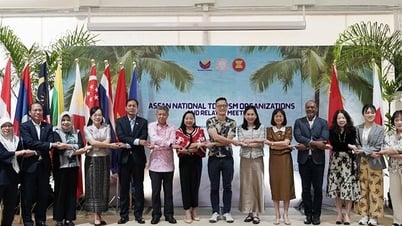

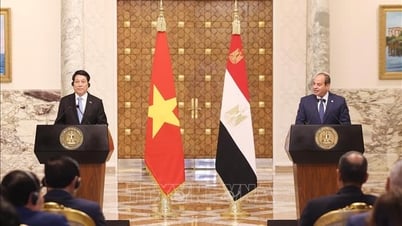
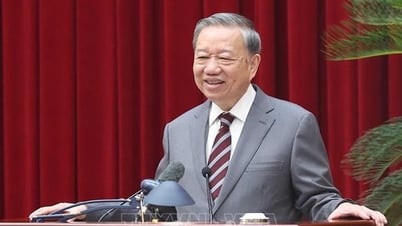
















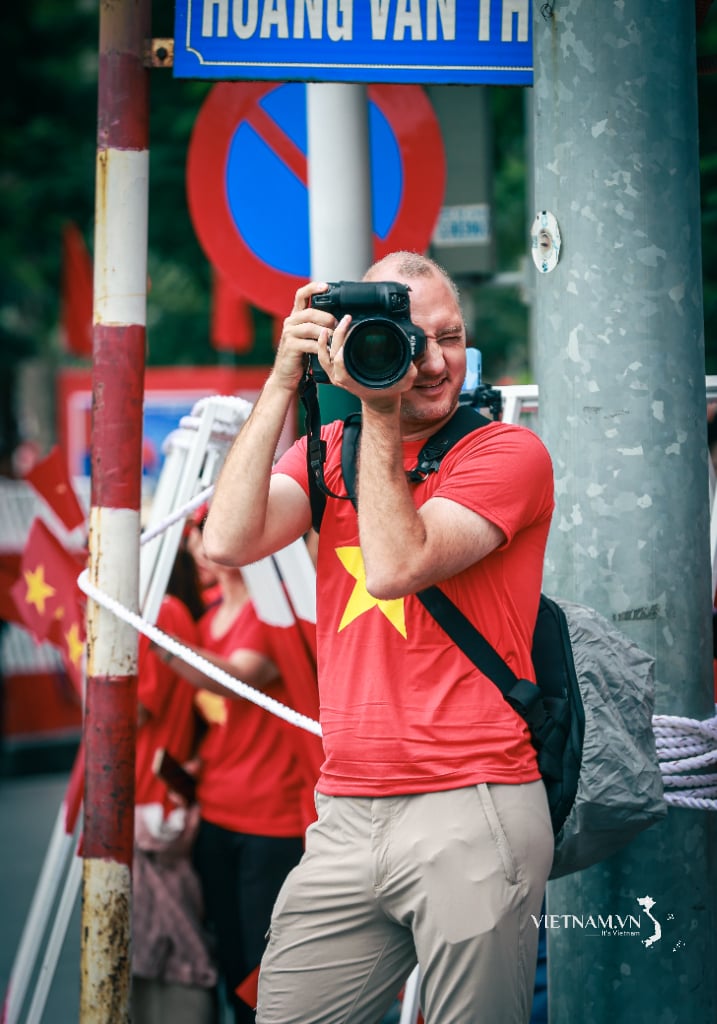



Comment (0)